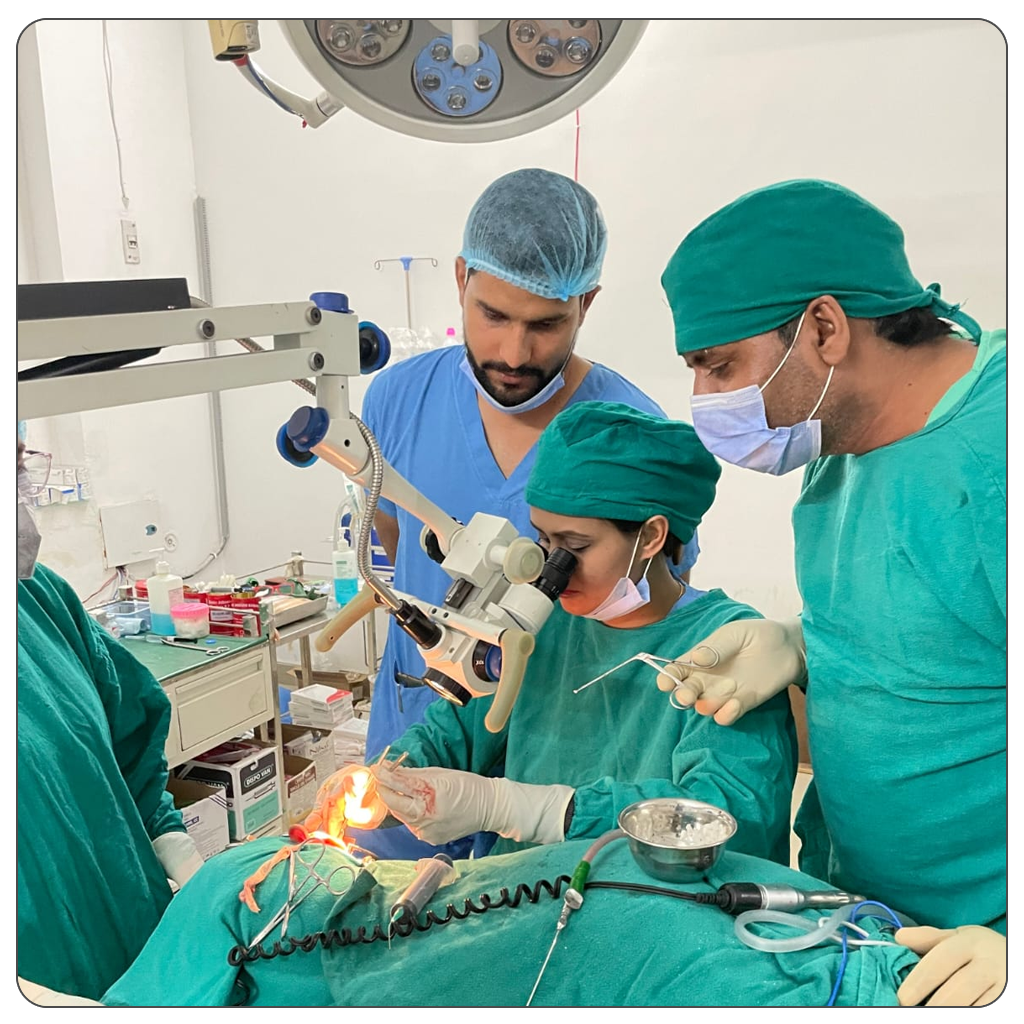What is Aphasia? What are the causes, symptoms and treatment?
Aphasia is a neurological disorder that affects a person’s ability to communicate. It can occur as a result of damage to the parts of the brain responsible for language, such as the left hemisphere. People with aphasia may have difficulty speaking, understanding speech, reading, and writing. This condition can be caused by various factors, including stroke, traumatic brain injury, brain tumors, infections, and degenerative diseases.
Causes of Aphasia
Stroke is the leading cause of aphasia, accounting for around 25-40% of cases. When a stroke occurs, blood flow to the brain is interrupted, causing brain cells to die. The part of the brain that controls language may be affected, leading to aphasia.
Traumatic brain injury (TBI) is another common cause of aphasia. TBI occurs when a person experiences a blow to the head, such as in a car accident or fall. The impact can damage the brain and cause aphasia.
Brain tumors can also cause aphasia. As the tumor grows, it can press against the parts of the brain responsible for language and disrupt their function. Infections such as encephalitis and meningitis can also damage the brain and cause aphasia.
Degenerative diseases, such as Alzheimer’s disease and Parkinson’s disease, can also cause aphasia. These diseases progressively damage the brain and affect language function over time.
Symptoms of Aphasia
The symptoms of aphasia can vary depending on the type and severity of the condition. In some cases, people with aphasia may have difficulty speaking and producing words. They may struggle to find the right words or use the wrong words. Some people with aphasia may have difficulty understanding speech or following conversations. They may also have difficulty reading and writing.
In more severe cases, people with aphasia may be unable to communicate effectively, making it difficult to perform daily activities and interact with others. Aphasia can also affect a person’s personality, causing them to become frustrated, angry, or depressed.
Treatment of Aphasia
The treatment of aphasia depends on the cause and severity of the condition. In some cases, the symptoms of aphasia may improve over time as the brain heals. However, many people with aphasia require speech and language therapy to improve their communication skills.
Speech and language therapy can help people with aphasia learn new ways to communicate, such as using gestures, pictures, and other nonverbal cues. Therapy may also involve exercises to improve speech production and comprehension.
In some cases, medication may be used to treat underlying conditions that cause aphasia, such as stroke or infections. For example, anticoagulant medications may be used to prevent blood clots that can cause strokes.
In severe cases of aphasia, alternative communication methods such as using assistive devices, speech-generating devices or other augmentative and alternative communication (AAC) approaches may be helpful.
Support from family members, friends, and caregivers can also be important in helping people with aphasia adjust to their condition and improve their communication skills.
Conclusion
Aphasia is a neurological disorder that can have a significant impact on a person’s ability to communicate. It can be caused by various factors, including stroke, traumatic brain injury, brain tumors, infections, and degenerative diseases. Symptoms of aphasia can include difficulty speaking, understanding speech, reading, and writing. Treatment for aphasia may include speech and language therapy, medication, and alternative communication methods. With the right treatment and support, people with aphasia can improve their communication skills and regain their independence.




















